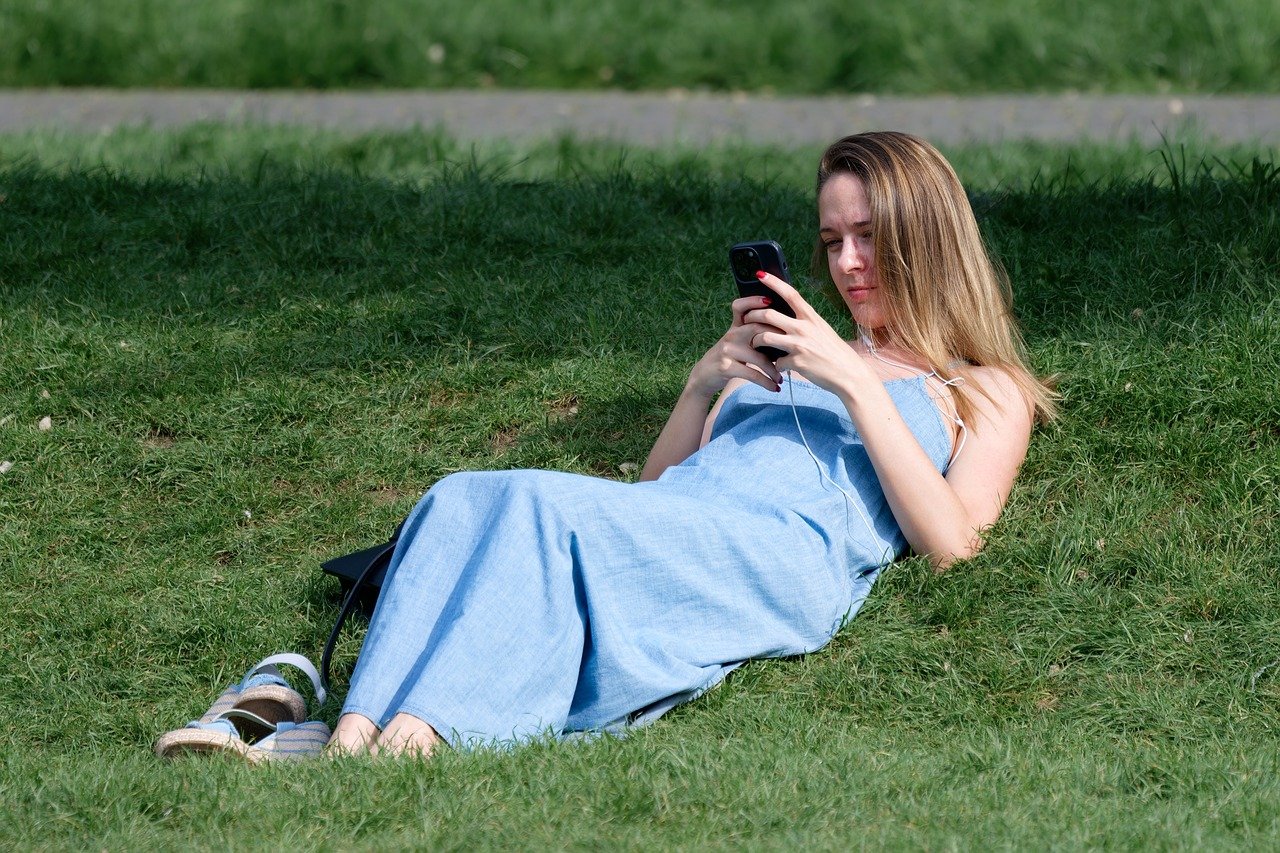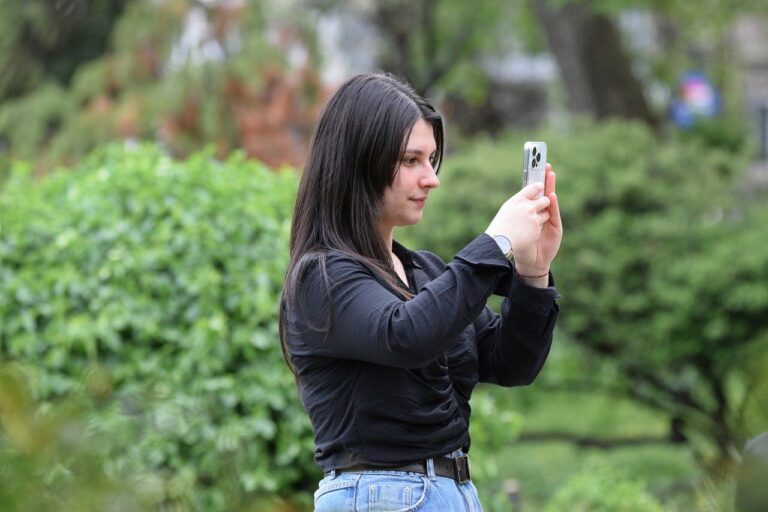Antique Medical Texts: Exploring the History of Healing Practices: Cricbet99.com sign up, Sky1exchanges login, Cricket bet99
cricbet99.com sign up, Sky1exchanges Login, cricket bet99: Antique Medical Texts: Exploring the History of Healing Practices
Have you ever wondered what medical practices were like in ancient times? Antique medical texts offer a unique window into the history of healing practices that have evolved over centuries. From herbal remedies to surgical techniques, these texts provide insight into how people addressed health concerns long before modern medicine existed. Join me on this journey as we delve into the fascinating world of antique medical texts and explore the rich history of healing practices.
The Origins of Healing Practices
Ancient civilizations such as the Egyptians, Greeks, and Romans developed sophisticated medical systems based on their understanding of the human body and the natural world around them. These early healers relied on a combination of observation, experimentation, and spiritual beliefs to treat a wide range of ailments. Herbal medicine, bloodletting, and prayers to the gods were common practices used to promote healing and restore balance to the body.
The Birth of Medical Texts
As medical knowledge expanded, scholars began to compile their findings into written texts that could be passed down through generations. These antique medical texts provided a comprehensive overview of the health practices of the time, serving as a valuable resource for both practitioners and patients. From detailed descriptions of diseases to instructions for preparing medicinal concoctions, these texts offered a glimpse into the medical knowledge of ancient civilizations.
Exploring Ancient Remedies
One of the most fascinating aspects of antique medical texts is the wide array of remedies that were used to treat various ailments. Herbal medicine played a prominent role in ancient healing practices, with plants like aloe vera, garlic, and lavender being used for their medicinal properties. Surgical techniques such as trepanation, the practice of drilling holes into the skull to relieve pressure, were also documented in these texts. While some of these remedies may seem primitive by today’s standards, they were a testament to the ingenuity and resourcefulness of ancient healers.
The Evolution of Medical Knowledge
As society progressed, so too did our understanding of medicine. The Renaissance period saw a resurgence of interest in the human body and its functions, leading to significant advancements in medical science. The invention of the printing press allowed for the widespread distribution of medical texts, enabling more people to access and learn from the latest medical discoveries. From the discovery of germs to the development of vaccination, these breakthroughs laid the foundation for modern medicine as we know it today.
FAQs about Antique Medical Texts
1. Are antique medical texts still relevant today?
While some of the remedies contained in antique medical texts may no longer be considered effective, they provide valuable insights into the historical development of medical practices.
2. How can I access antique medical texts?
Many antique medical texts have been digitized and are available online through libraries and educational institutions. Some rare texts may also be found in specialized collections or museums.
3. What can we learn from studying antique medical texts?
Studying antique medical texts can offer a deeper understanding of the cultural, social, and scientific factors that influenced healing practices throughout history. By exploring these texts, we can gain a greater appreciation for the complexities of the human body and the art of medicine.
Conclusion
Antique medical texts serve as a reminder of the enduring quest for knowledge and understanding in the field of medicine. From ancient remedies to groundbreaking discoveries, these texts offer a glimpse into the evolution of healing practices over time. By exploring the history of medicine through antique texts, we can gain a greater appreciation for the advancements that have shaped modern healthcare.







